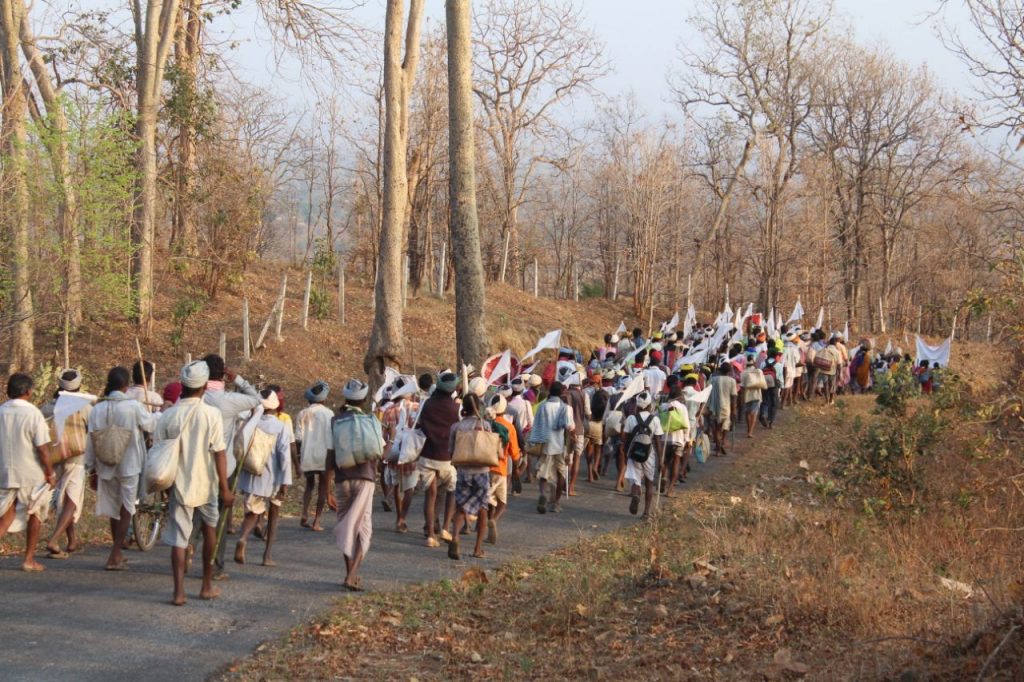We are organizing an online policy awareness and deliberation session on policy implications of the Scheduled Tribes and Other Traditional Forest Dwellers (Recognition of Forest Rights) Act, 2006.
Date: 30th January 2021
Timings: 7:00 p.m. to 7:40 p.m.
Event Portal: Zoom
Forests are not merely reservoirs of natural resources but encompass complex socio-cultural systems. In India, almost 300 million tribal and non-tribal communities have depended on forests for their subsistence and livelihood since time immemorial. However, both the erstwhile British Raj and the post-colonial Indian State sought to retain strong centralized control over forest lands at the expense of these communities, resulting in their eviction, dispossession, and exploitation. The Scheduled Tribes and Other Traditional Forest Dwellers (Recognition of Forest Rights) Act, better known as the Forest Rights Act 2006, was expected to address the “historic injustice” meted out to these communities by recognizing their pre-existing rights to forest lands and resources and attempting to establish a truly democratic regime of forest governance.
However, its lax implementation in the past decade by the States and more recently the Supreme Court order in February 2019, to evict millions of community members whose claims have been rejected under FRA, raised new questions about the promise and potential of the Act. As crucial legislation in forest governance, impacting the lives of millions, it is important to understand the place of the Act within the broader forest rights movement in the country.
Join us for an online discussion with experts to understand the emancipatory potential of FRA with regard to forest governance and the current challenges we face regarding its implementation.
Note:
- Certificate of Participation will be provided to all attendees.
- Registration is free but mandatory.

